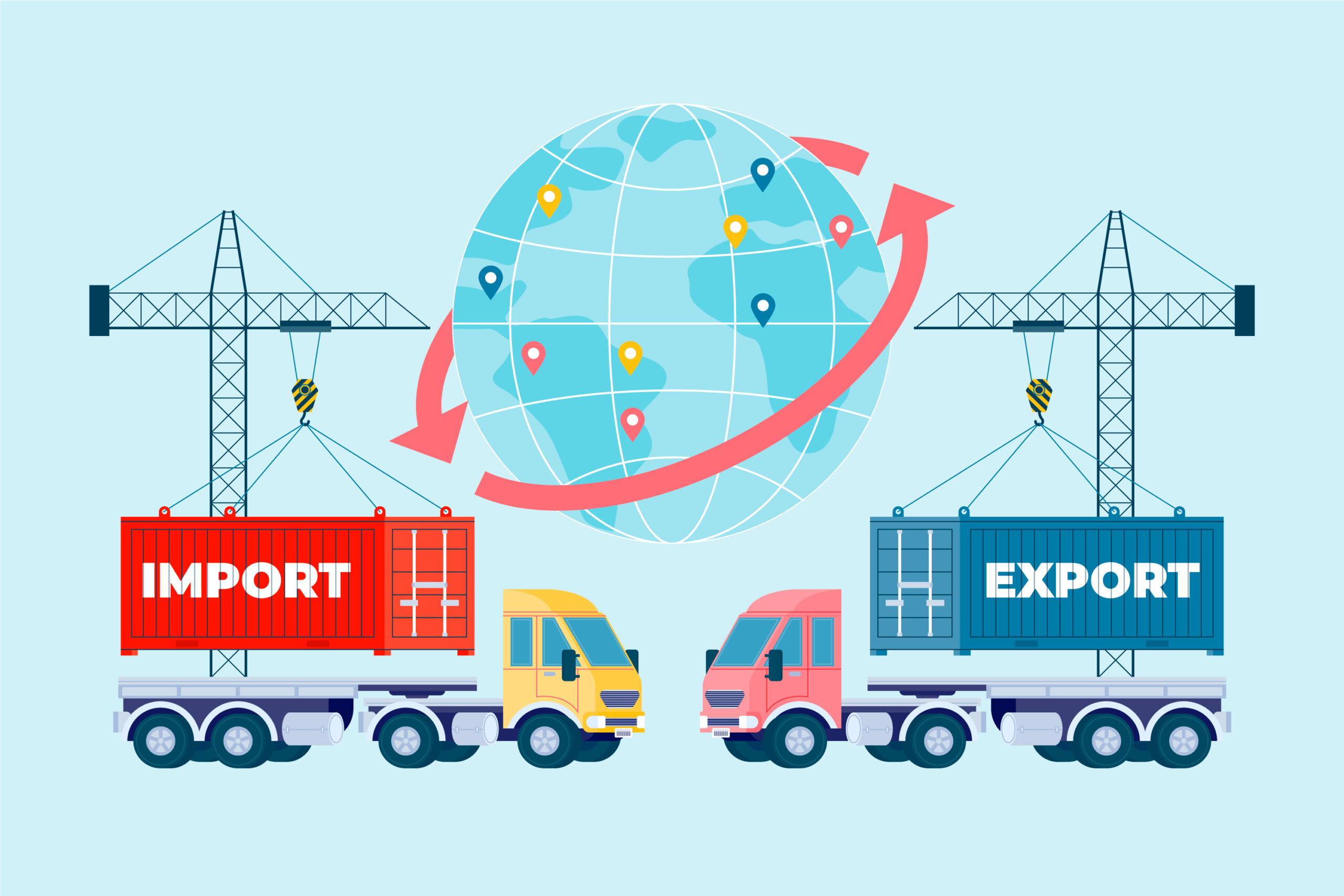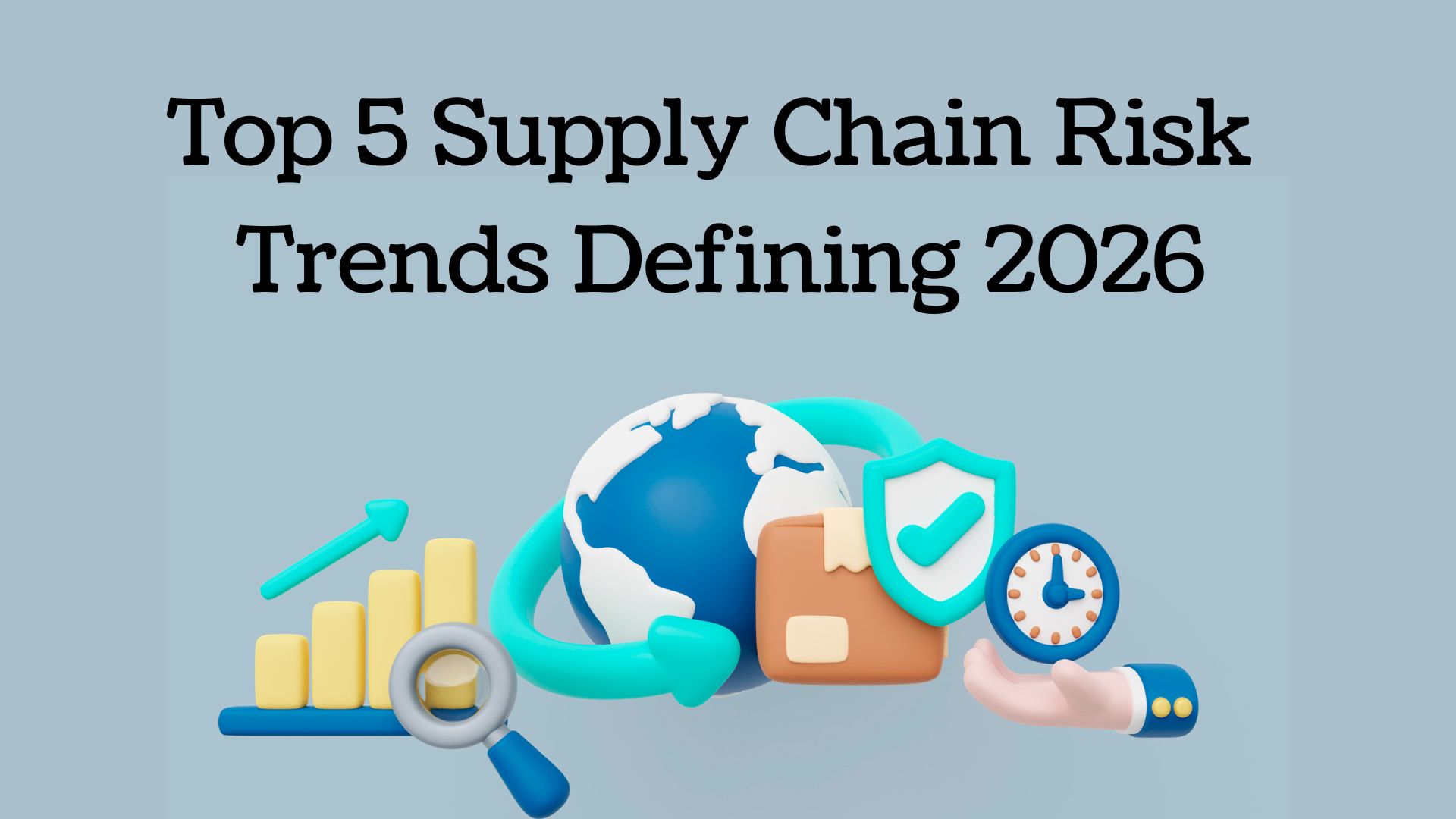In today’s interconnected economy, supply chains no longer move only goods; they move vast amounts of data. A recent global report warns that enterprises are “flying blind” with respect to vendor-related data risks, they often cannot map all their suppliers, let alone understand how sensitive information flows through them. For India, a country positioning itself as a trusted global manufacturing and logistics hub, this is an urgent wake-up call. According to the Data Security Council of India (DSCI) “India Cybersecurity Domestic Market 2023” report, 71.9% of respondents identified third-party and open-source software vulnerabilities as significant pathways for attack.
India’s Supply Chains at a Digital Crossroads
Government initiatives such as Make in India, the PLI schemes, and logistics modernization are reshaping how Indian enterprises manufacture, distribute and export. Alongside this, the proliferation of GST-linked e-invoicing, supply chain financing (via UPI and digital platforms) and outsourcing has led to a denser web of vendor relationships. The CERT-In Advisory CIAD-2025-0019 explicitly mandates that organisations should establish continuous monitoring of vendor and supplier activities, especially focusing on anomalies in software updates or system configurations.
Tier-1 corporates often work with thousands of vendors, SaaS providers, logistics partners and freight forwarders. Many MSMEs feeding into these chains lack mature cybersecurity frameworks, making them weak links. India’s data shows that between 2020-22, private banks reported 205 data breaches, state-owned banks 41, with total costs over ₹1,435 crore in losses.
The Cost of Ignoring Vendor Data Risks
Data incidents in supply chains rarely make headlines unless they cause major disruptions. But the financial, regulatory and reputational costs accumulate quietly. With India’s DPDP Act (Digital Personal Data Protection Act, 2023) now in force, vendors can face penalties for third-party breaches, making vendor risk not just an operational but a legal concern.
Operational disruptions include delayed shipments, production halts, or customer contract penalties. For example, in 2024, India saw multiple telecom and ISP data breaches; BSNL had a breach exposing 278GB of user data. Such exposure reduces trust and increases churn.
Legal risk is increasing non-compliance, especially via vendor misbehaviour, can lead to severe fines and mandated disclosures under the DPDP or even global laws like GDPR for exports. For export-driven clusters (textiles, auto components, pharma), this hurts market access and contract eligibility.
New Blind Spots
AI is being adopted in Indian supply chains for logistics, predictive maintenance, customer experience, and fraud detection. But governance is still catching up. A recent academic paper “Incorporating AI Incident Reporting into Telecommunications Law and Policy: Insights from India” argues that current laws (DPDP Act, CERT-In rules, Telecom Act) do not cover AI-specific operational incidents like algorithmic bias or performance failures and calls for standardized reporting frameworks.
Open-source software components, commonly used via vendors, are another risk: global studies (ReversingLabs) found that 64% of companies had software supply chain attacks, many via open source.
Without clear audit trails, ownership models, and oversight, AI tools developed or used by vendors can introduce data leakage, biased decisioning, or non-transparent behavior that may violate both privacy laws and customer trust norms.
People, the Perennial Weak Link
Technical defences matter, but data shows that the majority of cyber-incidents begin with human error. According to a DSCI report, phishing and credential compromise remain among top vectors for breach in Indian organisations.
Small vendors often have weak onboarding, overshared credentials, stale access, or insufficient training. For example, CERT-In’s guidelines emphasize that incident response planning include vendor incidents and that organisations maintain rigorous access controls and role-based permissions.
Building a Risk-Aware Supply Chain
To avoid “flying blind,” Indian enterprises must embed data risk governance into supply chain strategy, not treat it as just an IT concern. Based on best practices and recent Indian guidelines:
- Accurate Vendor Mapping: Maintain inventories of vendors and their access levels. CERT-In advisory identifies this as elemental control.
- Hard contracts and oversight: Include clauses around data ownership, breach notification (consistent with DPDP expectations), security audits, vendor audits, subcontractor disclosures.
- Governance of AI: Adopt frameworks to ensure explainability, accountability and safety in vendor AI tools. Policy recommendations in recent papers suggest mandatory reporting of AI safety and bias incidents.
- Continuous Monitoring: Use tools for behavioural analytics, anomaly detection, log monitoring. CERT-In directs continuous monitoring of vendor activity.
- Human Training & Incident Preparedness: Regular simulations, phishing drills, protocols for vendor outages or breaches. Ensure vendor staff are included in organization’s awareness programs.
- Scenario Planning & Insurance: Estimate potential financial and reputational exposure. Consider cyber liability insurance to cover third-party risk.
Policy and Regulatory Implications
With the DPDP Act now enacted, entities must comply with obligations around data breach notification, data processing, consent. CERT-In rules mandate certain reporting timelines. Vendor failures can translate into liability for larger contracting firms.
Industry bodies (e.g. DSCI) are calling for standard vendor risk management (VRM) frameworks; CERT-In’s latest advisories list vendor oversight and supply chain monitoring among essential controls.
Exporters must also meet international data privacy standards to avoid contract loss. Harmonization across regulatory authorities (TRAI, DoT, MeitY, DPDP Authority) will be increasingly enforced.
A Strategic Imperative
India aims to be a global supply-chain superpower. But data risk may become the Achilles’ heel. The statistics are stark: in SecurityScorecard’s “Global Third-Party Cybersecurity Breaches” study, 98% of organizations have a relationship with at least one vendor that has been breached in the past two years.
Those Indian companies that build strong vendor risk programs, continuous monitoring, AI governance, and human awareness will not only protect themselves, they will gain competitive trust in both domestic and global markets. Those who don’t risk costly breaches, regulatory fines and loss of reputation sometimes irreversibly.











